Maintaining a clean Nigeria is vital for fostering a healthy and vibrant environment. Numerous states are advancing efforts in waste management and sanitation to enhance living conditions.
This guide highlights Nigeria’s top 10 cleanest states, based on reliable data from sources like the National Technical Study Group (NTSG).
Let’s dive in!
What Are Nigeria’s Cleanest States?
According to the NTSG, here are Nigeria’s cleanest states:
1. Akwa Ibom
Akwa Ibom consistently ranks as Nigeria’s cleanest state, as recognized by the Clean Up Nigeria (CUN) initiative.
Its success stems from strong commitment to waste management, sanitation improvements, and community education efforts.
The ‘Akwa Ibom Clean and Green Project’ is a key program, focusing on waste collection, recycling, and proper disposal to keep the state tidy.

The state has upgraded public restrooms and sanitation facilities, ensuring they are clean and accessible to all.
Community-driven sanitation programs also encourage residents to actively participate in keeping their surroundings clean.
Public campaigns raise awareness about proper waste disposal, fostering a culture of cleanliness and sustainability in Akwa Ibom.
These efforts have transformed attitudes, creating a cleaner, greener state for everyone.
2. Ebonyi
Ebonyi State secures the second spot for its dedication to cleanliness, largely due to the efforts of the “Ebonyi Clean Team.”
This dedicated team ensures major towns and cities remain spotless through consistent sanitation efforts.
The state has invested in modern waste disposal systems to manage waste effectively and reduce environmental risks.
Innovative “waste-to-wealth” initiatives encourage recycling by offering financial rewards to participants.
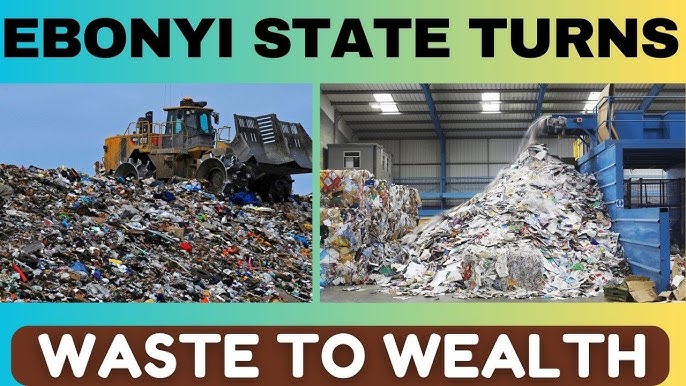
These programs turn waste into valuable products, promoting both environmental cleanliness and economic growth.
3. Cross River
Cross River State excels by integrating cleanliness with environmental sustainability, creating a healthier ecosystem for all.
The Greening Cross River Project is central to this, promoting tree planting and forest preservation to enhance air quality.
More trees reduce soil erosion, leading to less dust and a cleaner environment overall.
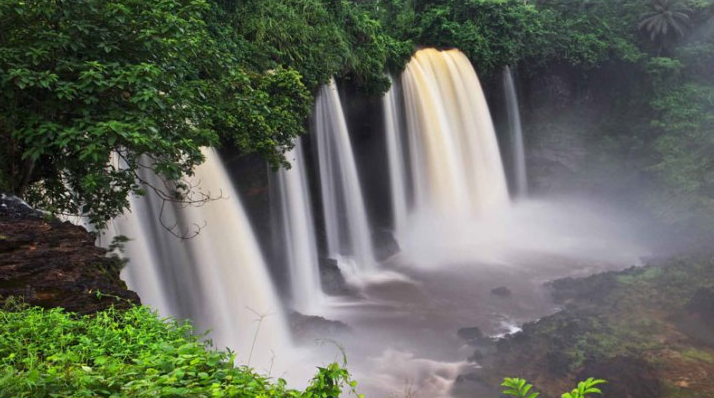
The state also develops eco-tourism sites that prioritize sustainable waste management, ensuring a clean experience for visitors.
These efforts make Cross River a model for balancing tourism and environmental care.
4. Anambra
Anambra stands out by empowering communities to take charge of their environment through active participation.
The “Anambra Clean and Green Champions” initiative encourages residents to lead local clean-up efforts and promote waste management.
Champions organize neighborhood clean-ups and educate others on keeping their surroundings tidy.
Many communities also hold “Clean Up Your Street” days, where residents unite to clear litter and debris.
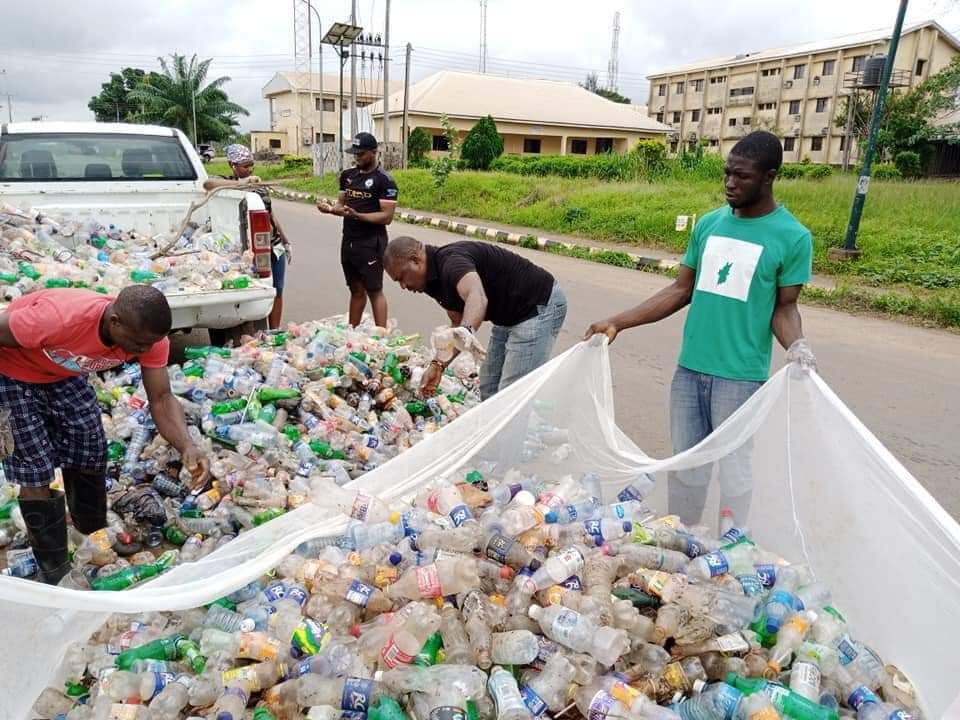
Beyond litter removal, Anambra promotes composting and designated waste collection points to minimize landfill use.
These community-driven efforts foster a sense of responsibility and sustainable practices.
5. Enugu
Enugu State leads with innovative waste management strategies, making it one of Nigeria’s cleanest states.
The “Enugu Waste Recycling Program” simplifies recycling by providing bins for separating plastics, paper, and other materials.
Recyclables are transformed into new products, reducing landfill waste and conserving resources.

Modern facilities process non-recyclable waste safely, with some converting waste into energy to reduce fossil fuel use.
Public campaigns further educate residents on proper waste disposal, ensuring long-term sustainability.
6. Ogun
Ogun State shines with its “waste-to-wealth” programs, turning trash into economic opportunities while keeping the environment clean.
Residents are incentivised to collect recyclables like plastics and paper, which are transformed into useful products.
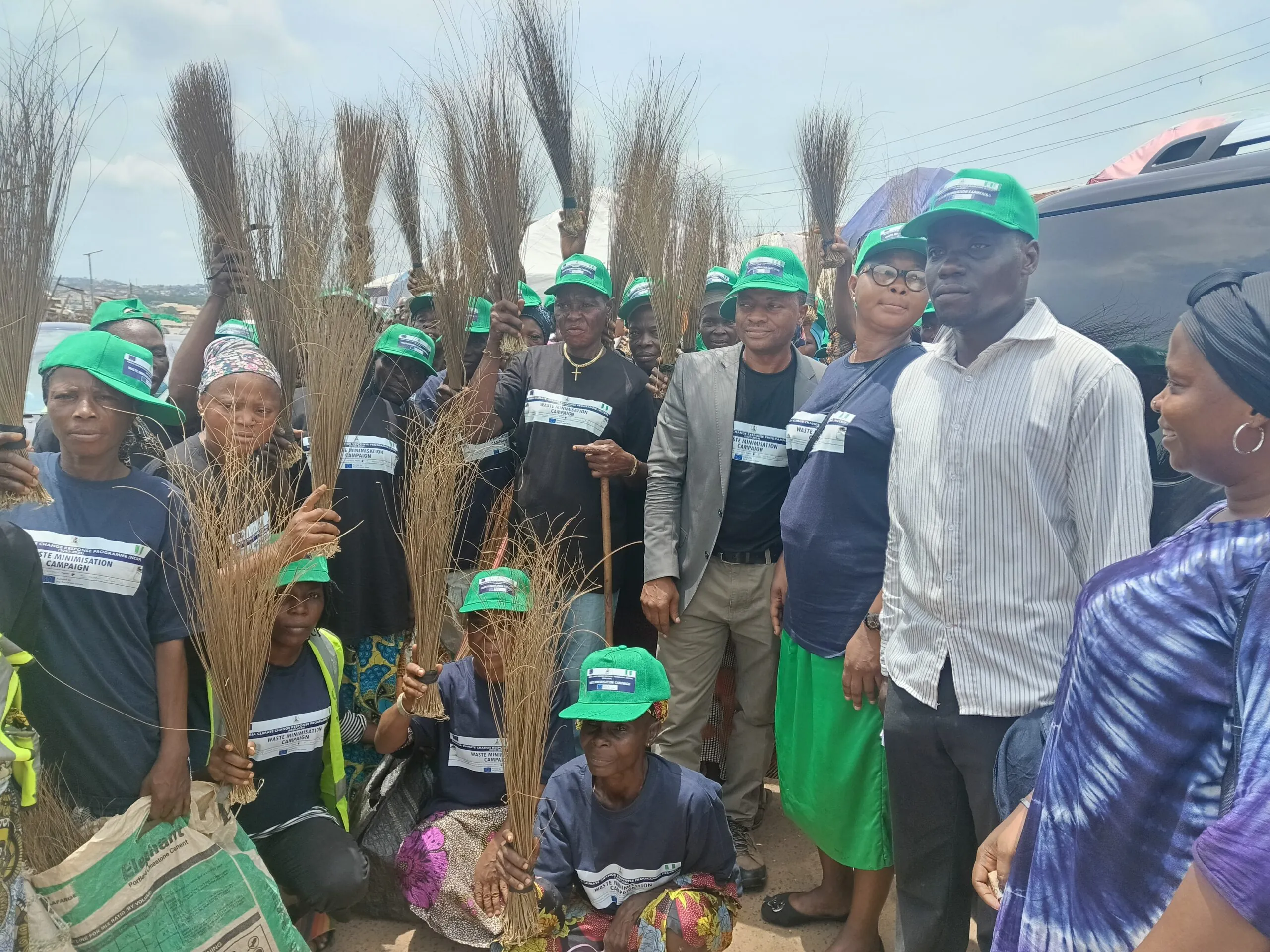
These initiatives reduce pollution, conserve resources, and create jobs in recycling and waste management sectors.
Partnerships with private companies drive these programs, boosting the local economy and promoting sustainability.
7. Delta
Delta State focuses on enhancing hygiene and waste management in its urban centers for a cleaner, healthier environment.
The “Delta Urban Sanitation Project” improves waste collection with more bins, efficient trucks, and stricter regulations.
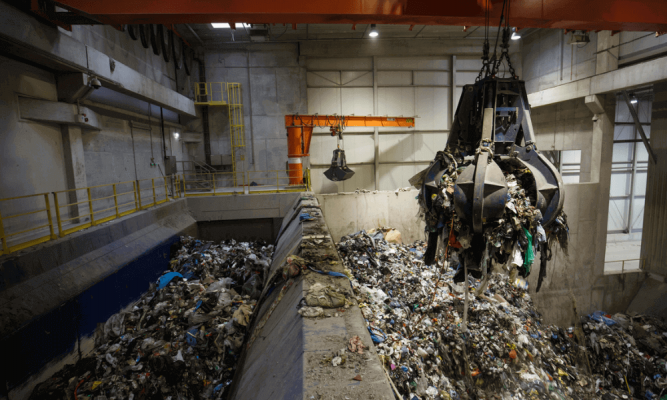
Community campaigns educate residents on proper waste disposal, fostering a culture of cleanliness in cities.
These efforts result in cleaner streets, better air quality, and an appealing environment for businesses and tourists.
8. Edo
Edo State promotes a culture of cleanliness through education and community engagement, not just street cleaning.
The “Edo Cleanliness Challenge” uses TV, radio, and social media to teach residents about responsible waste disposal.
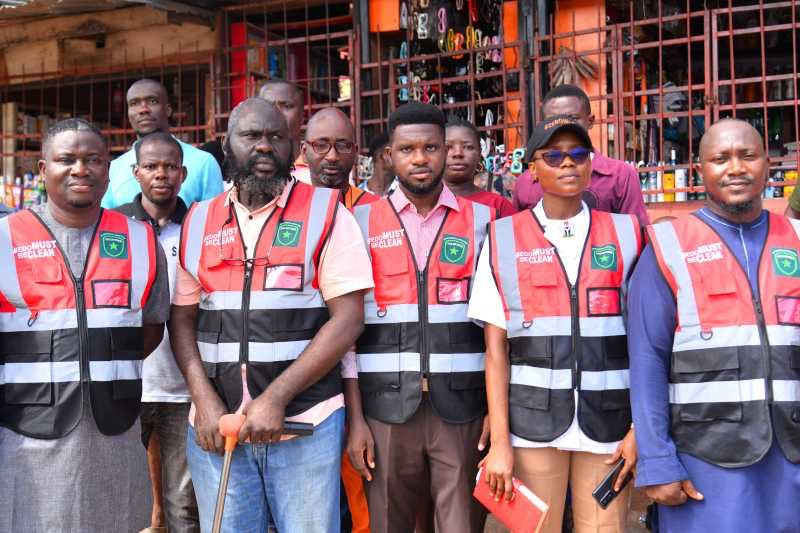
Schools incorporate environmental education, teaching kids early on to value cleanliness and sustainability.
These efforts cultivate environmentally conscious citizens for a cleaner future.
9. Plateau
Plateau State, known for its stunning landscapes, prioritizes cleanliness to preserve its natural beauty.
Programs focus on waste management and litter prevention to keep forests, waterfalls, and hills pristine.
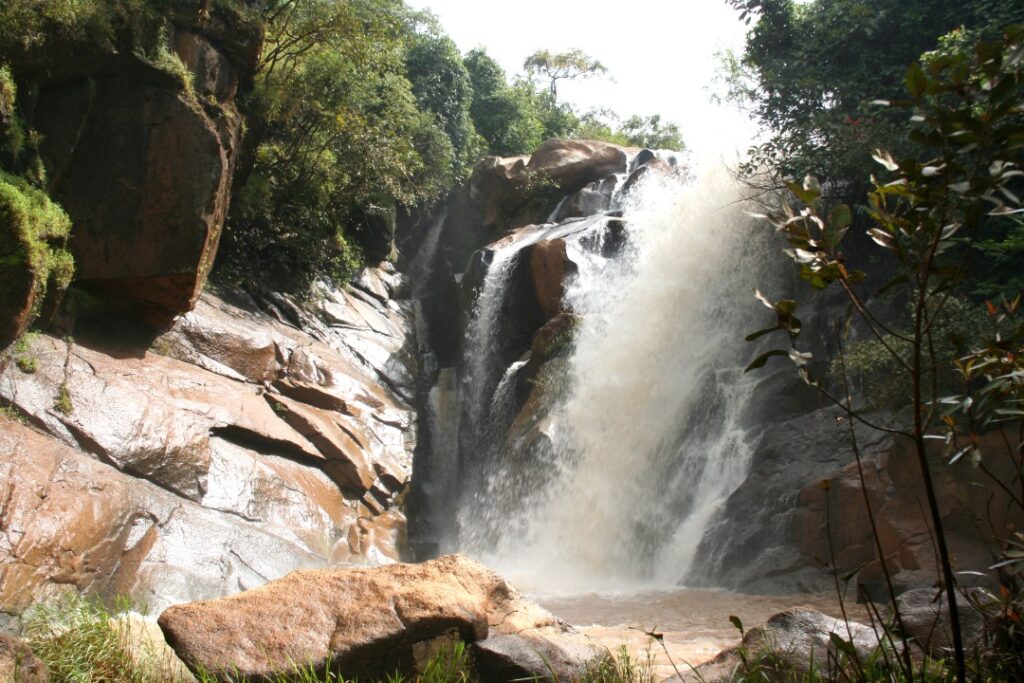
A clean environment enhances tourism, boosting the local economy while protecting Plateau’s natural heritage.
10. FCT Abuja
FCT Abuja, Nigeria’s cleanest city, adopts a multi-faceted approach to maintain a hygienic and inviting environment.
Regular waste collection, recycling initiatives, and strategic bin placement ensure effective waste management.

Public campaigns promote responsible waste disposal, while tree planting improves air quality and reduces dust.
These efforts create a visually appealing, healthy city that benefits residents and visitors alike.
